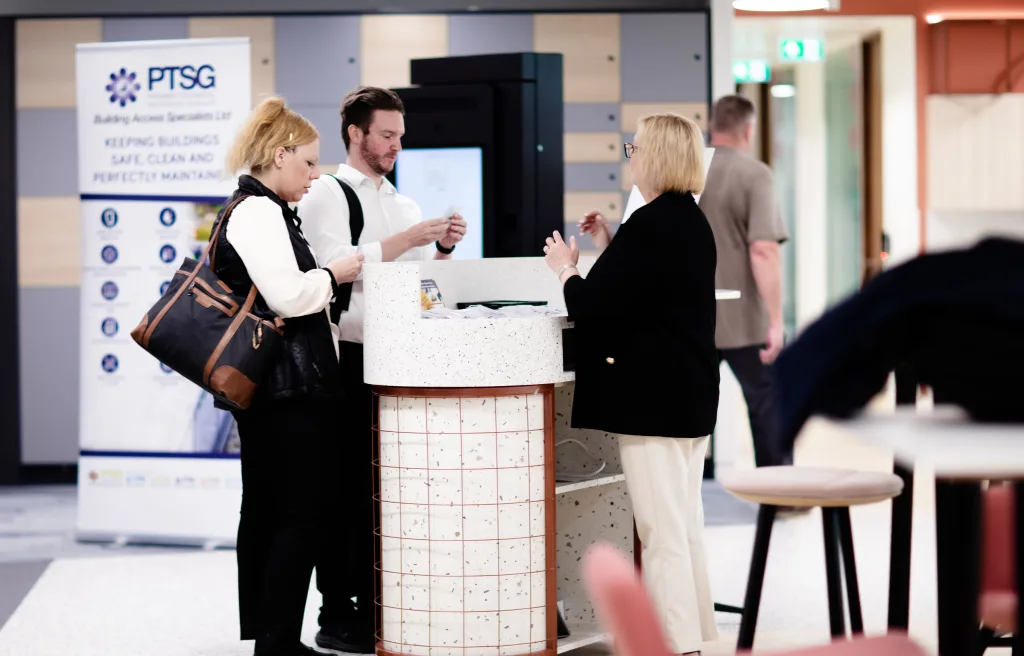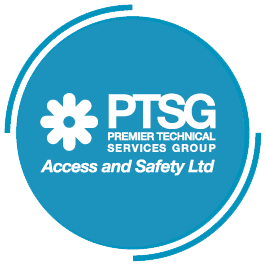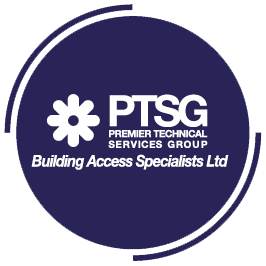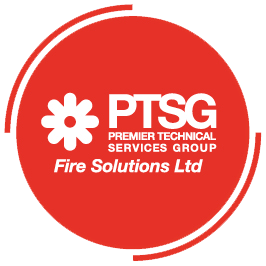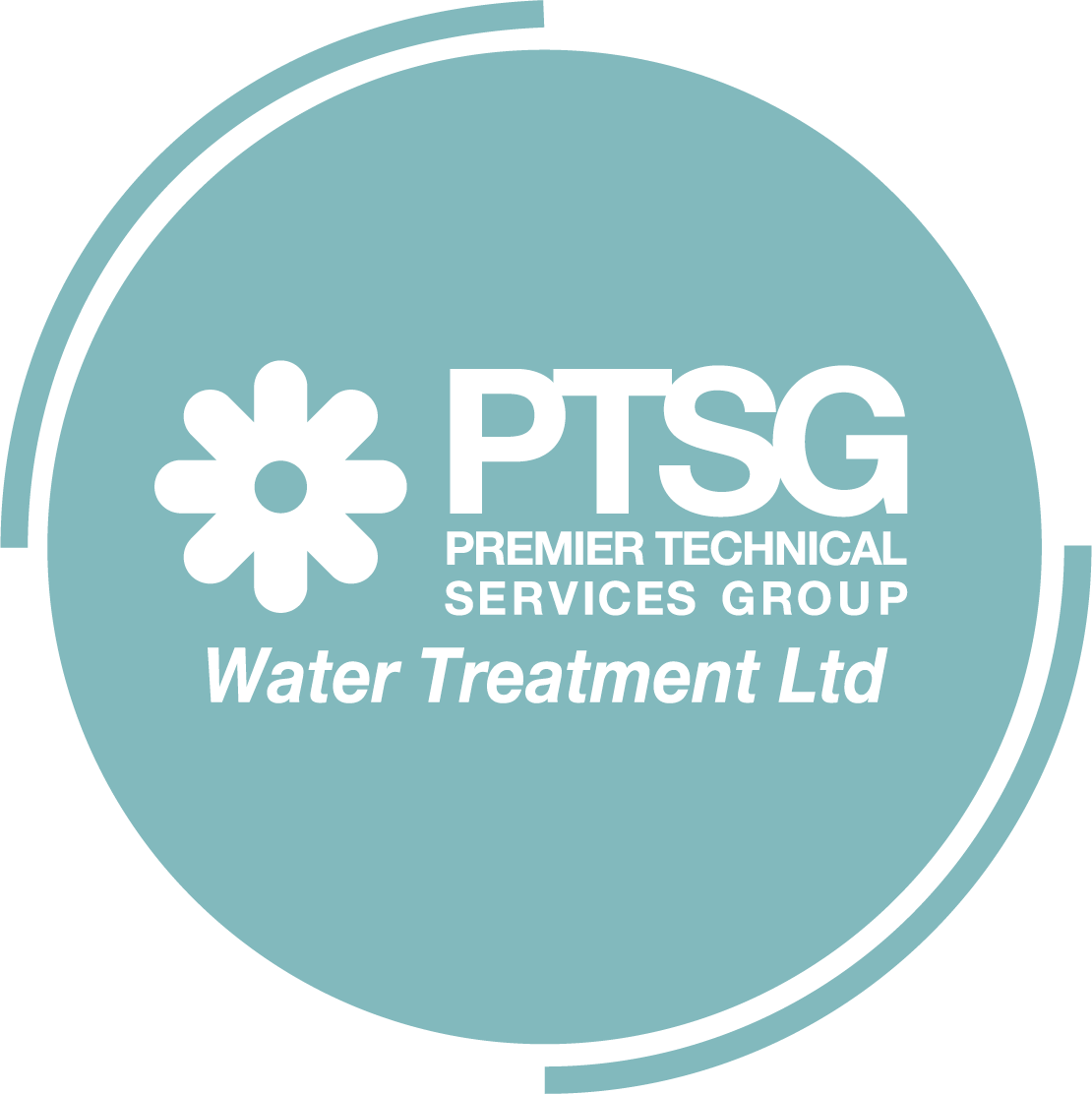Working at height is one of the biggest causes of fatalities and major injuries in the workplace. This is according to the Health and Safety Executive. The safety of operatives working at height should always be the first consideration in any project. This is why the regular testing and inspection of fall arrest safety systems is imperative.
Evaluating and validating safety systems and equipment designed to protect individuals working at heights from falling and sustaining injuries is the essence of fall arrest testing. Fall arrest systems play crucial role in industries like construction, maintenance, and utilities. These are fields where employees work on elevated surfaces or structures. The objective of fall arrest testing is to ensure that these systems comply with safety standards. It also aims to ensure that these systems function as intended in the event of a fall.
This may involve installing anchor devices, Christmas decoration fixings, guardrails, handrails and edge protection, ladders and walkways and Mansafe systems. Others are mobile man anchors, rail systems, rope access and anchor points, and safety equipment used in wind turbines.
Regulations and Standards
Industry-specific regulations and safety standards govern fall arrest testing. It starts with inspectors conducting a thorough inspection of all safety equipment, including harnesses, lanyards, lifelines, anchor points, and connectors. Inspectors assess for wear and tear, damage, proper labeling, and compliance with manufacturer instructions.
Load testing involves applying specific loads or forces to various components of fall arrest systems. This process assesses the strength and capability of the equipment to support the weight of a falling person. Designing equipment to withstand forces that exceed those generated during a fall is a crucial requirement.
Falling safely.
Dynamic Testing
Dynamic testing is crucial for ensuring that fall arrest systems dissipate the energy generated during a fall in a controlled and safe manner. This involves examining the behaviour of the equipment and the forces involved during a fall event.
Anchorage Point Testing
To ensure structural integrity, rigorous testing is conducted on anchorage points that secure the worker’s harness to a structure. This includes examining the anchor’s load capacity, attachment methods, and its ability to resist potential fall forces.
Shock Absorption Testing
We evaluate components such as energy-absorbing lanyards and deceleration devices to determine their effectiveness in reducing the impact force on a falling person’s body. This minimizes the risk of injury during a fall.

Falling safely.
Functional Testing
Fall arrest equipment is tested for proper functioning, which includes checking mechanisms like self-retracting lifelines (SRLs) or inertia reels. This is to ensure they activate and retract correctly.
Documentation and Record-keeping
After conducting fall arrest testing, we maintain detailed records to document the inspection process, results, any necessary repairs or replacements, and compliance with safety standards. Proper documentation is essential for regulatory compliance and liability protection.
Documentation and Record-keeping
We typically conduct fall arrest testing at regular intervals, often annually, or more frequently depending on equipment usage and local regulations. Additionally, we should carry out testing after any event that could impact the equipment’s integrity, such as a fall or equipment damage.
Qualified Personnel
Qualified professionals with expertise in fall protection systems and an understanding of relevant regulations and safety standards should perform fall arrest testing.
Premier Technical Services Group Ltd has grown to become the UK’s leading provider of specialist building services across a range of market sectors. PTSG began in 2007 as a small group of industry specialists. Our services include installing, testing and maintaining access and safety equipment of all kinds. The company remains one of our five key business divisions. It currently employs some of the most highly qualified and experienced engineers in the UK.
We provide the most comprehensive certificates within the industry. This has given over 2,000 clients peace of mind and certainty that the equipment being used is absolutely safe and fit for purpose.
Free consultation
